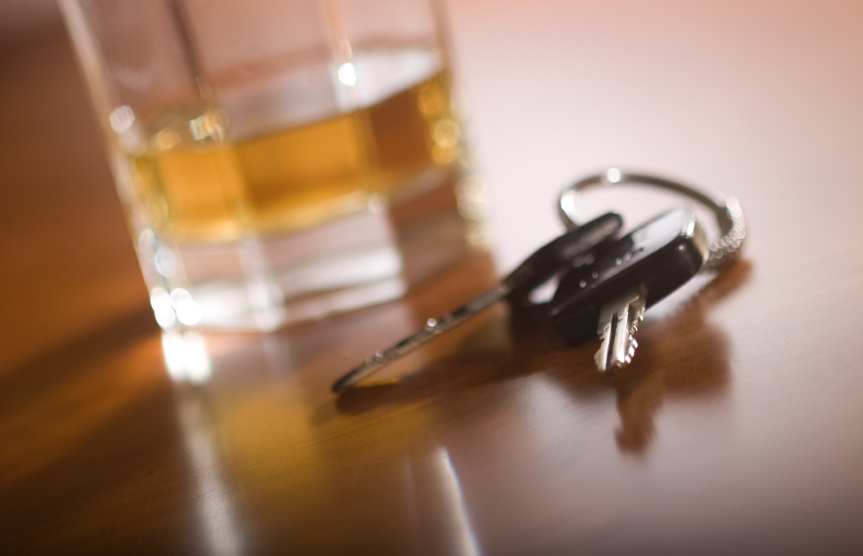Search
Jury Nullification is Consistent with the Concept of Limited Government
The Sixth Amendment to the United States Constitution provides that citizens accused of crimes have an absolute right to a speedy, public, trial by an impartial jury. But this right to trial by an independant jury trial was not invented in the United States. In an article in the British Library, Author Geoffrey Robertson remarked that the modern independent jury, and their right to jury nullification, arises out of the rights and limitations originally set forth in the Magna Carta.
Notice the difference in what Robertson indicates and what the U.S. Constitution indicates. Robertson refers to an independent jury whereas our Constitution refers in Article III, Sec. 2, simply to trial by jury, and the Sixth Amendment to an impartial jury. Is this a distinction without a difference? Does the Sixth Amendment, in using the word impartial also connote independence?
In the modern age, this concept of impartiality is most often thought of in the context of the jury’s fact-finding role, in which jurors must be “free of prejudice.” But from a historical perspective, might the word “impartial” as used in the Sixth Amendment also reference impartiality to, and independence from, the law itself?
 Michigan Criminal Defense Lawyer Blog
Michigan Criminal Defense Lawyer Blog


















